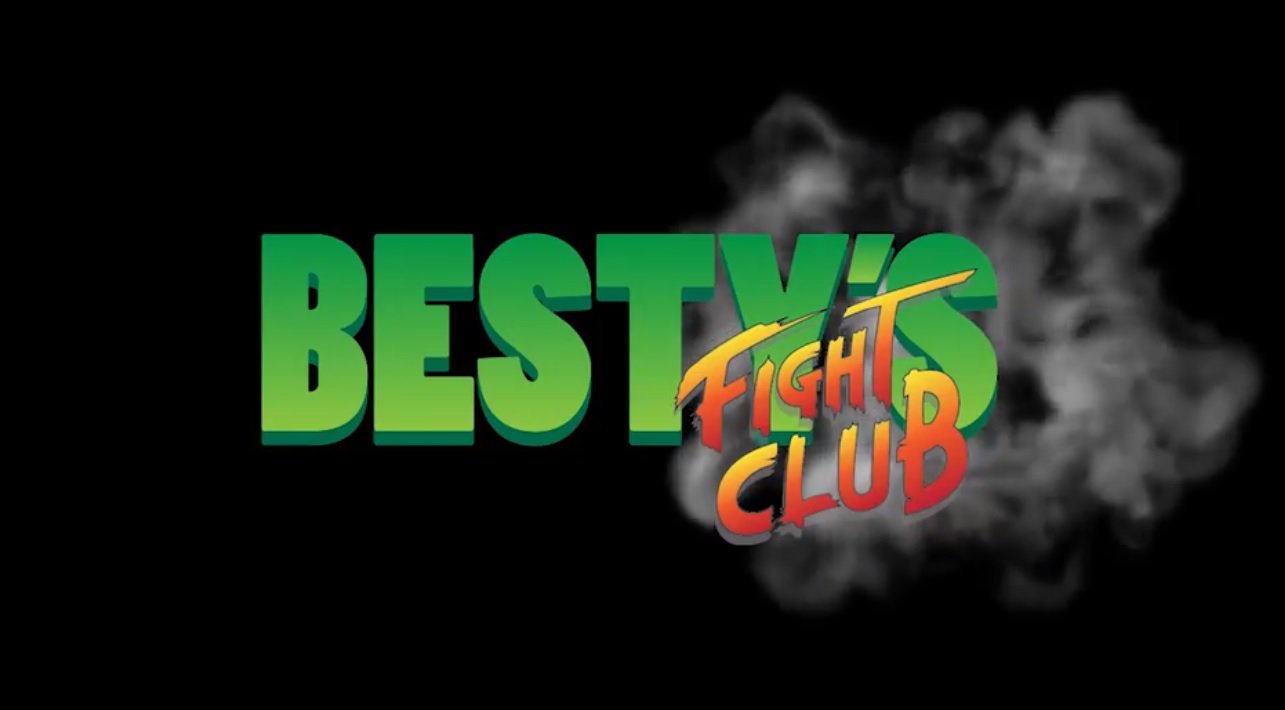No jackal has been known to live on grass once he has learned about meat – no matter who killed the meat for him.
Aikido may yet well prove to be my most memorable martial arts experience. In many ways because I’d heard all the accusations about it being staged or choreographed, I maybe subconsciously lowered my expectations of what I could get from it. And whilst it felt less of a sport than something like Brazilian Jiu Jitsu or Judo – where to me the scoring or contest aspect is clearer – it is equal to any as a contest of instinct and skill.
I can comfortably say that Aikido is no fake martial art – the wrist locks are as painful as they look, and as painful as anything I’ve ever encountered. When they say that the techniques make you move in a false way, it’s because you act instinctively to stop the pain rather than respond to it in kind – something outside my normal pattern of behaviour.
I think the other thing that struck me about Aikido was the way Kelvin and Sensai Ramla were able to marry hierarchy and discipline with genuinely good banter during the class. If you spent an hour with them at Aikido Shudokan Singapore, you could easily see yourself seduced by a martial arts school and class you would look forward to attend for its social and as much as its learning experience.
So how does the rugby fit in? Maybe it’s me and how I’m interacting more thoughtfully with the coaches and experts I’m learning from or maybe it’s because I’m no longer just focussed on surviving the class -but I’m finding that I’m increasingly better at picking out things that might carry across and more confident at inviting my martial arts experts to share their views.
This week the post-training interview descended pretty rapidly – in the most positive sense – to a discussion about jackaling. I’ve never before contemplated that I’d been canvassing the views of Aikido experts about how to more effectively unbalance a player at a ruck. Yet subtle changes of angle are possible whilst staying within the rules of the game – and they really make a difference. If you break it down into its most basic form, you’re working out how to move someone who’s big, strong and full of energy without needing to be as big or as strong or expend as much energy. And if you look at the training clip you’ll get an idea where the discussion took us.
My junior rugby club already has a tie up with the BJJ club I trained at right in the beginning with some of their black belts coming down to observe our training and offer technical advice on what they see. I no longer see the martial arts element as some jam on the training regimes of professional level players – I now see it as an important ingredient in developing young players with excellent skills of balance, movement and judgement.
Overall, I can say my experience at Aikido was learning something from great teachers, who are top blokes and run a programme that I’d definitely recommend to anyone. As for the wrist lock -that alone would get you out of enough scrapes to justify the investment of time and effort in learning it.
The aim of the wise is not to secure pleasure, but to avoid pain



































